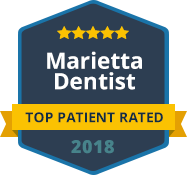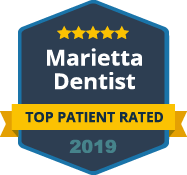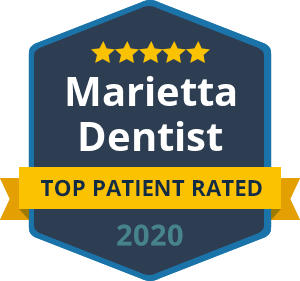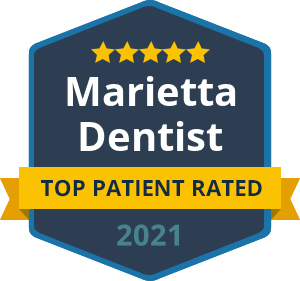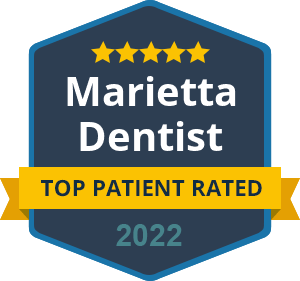Mouthwash: A Complement, Not a Substitute

Oral health is a critical aspect of overall well-being, and maintaining a proper dental hygiene routine is key. While brushing and flossing are the cornerstones of oral care, the role of mouthwash often sparks curiosity and debate. At Dental Care Kennestone, we advocate for mouthwash as a valuable complement, not a substitute, in your dental hygiene regimen. Let’s explore the reasons why mouthwash should be used alongside brushing and flossing, rather than replacing these fundamental practices.
Understanding the Role of Mouthwash
Mouthwash, also known as oral rinse, comes in various formulations catering to different needs, such as reducing oral bacteria, freshening breath, and strengthening enamel. While it offers several benefits, it’s important to understand its role:
- Enhancing Oral Hygiene: Mouthwash reaches areas that your toothbrush might miss, helping to reduce bacteria in the mouth and freshen breath.
- Preventive Care: Certain mouthwashes contain fluoride, which can help in preventing tooth decay by strengthening tooth enamel.
- Therapeutic Benefits: For those with specific oral health issues like gingivitis, dry mouth, or sensitive teeth, mouthwash can offer targeted benefits as advised by a dental professional.
Why Mouthwash Cannot Replace Brushing and Flossing
While mouthwash is effective in complementing oral hygiene, it has limitations:
- Surface Cleaning: Mouthwash can reduce bacteria and freshen breath, but it cannot remove plaque and food particles as effectively as brushing and flossing.
- Physical Removal of Plaque: Brushing and flossing physically remove plaque, a sticky film of bacteria, which if not removed, can lead to tooth decay and gum disease.
The Power of Brushing and Flossing
Brushing and flossing are irreplaceable due to their mechanical action:
- Brushing: It cleans the tooth surfaces and is crucial for removing plaque and food particles.
- Flossing: It removes plaque and food particles from between the teeth and under the gumline, areas where a toothbrush can’t reach.
Integrating Mouthwash into Your Routine
To reap the full benefits of mouthwash, incorporate it into your routine as follows:
- Brush Twice Daily: Start by thoroughly brushing your teeth for two minutes, twice a day.
- Floss Regularly: Floss at least once a day to remove plaque and food particles between teeth.
- Rinse with Mouthwash: After brushing and flossing, complete your routine with a mouthwash rinse to reach areas missed by your toothbrush and floss.
Choosing the Right Mouthwash
When selecting a mouthwash, consider the following:
- Fluoride Mouthwashes: Ideal for strengthening enamel and preventing tooth decay.
- Antibacterial Mouthwashes: Beneficial for reducing bacteria and controlling conditions like gingivitis.
- Alcohol-Free Mouthwashes: A good option for those who find alcohol-based mouthwashes irritating or drying.
Consult Our Dentist in Marietta
For personalized advice, consult your dentist at Dental Care Kennestone. We can recommend the best mouthwash based on your specific oral health needs and concerns.
Mouthwash should be seen as a complement, not a substitute, in your dental hygiene routine. By effectively integrating brushing, flossing, and the use of mouthwash, you can maintain optimal oral health. Remember, a comprehensive oral care routine is your best defense against dental issues. For more guidance and oral care tips, reach out to us at Dental Care Kennestone, where your oral health is our top priority.
Posted on behalf of Dental Care Center at Kennestone



